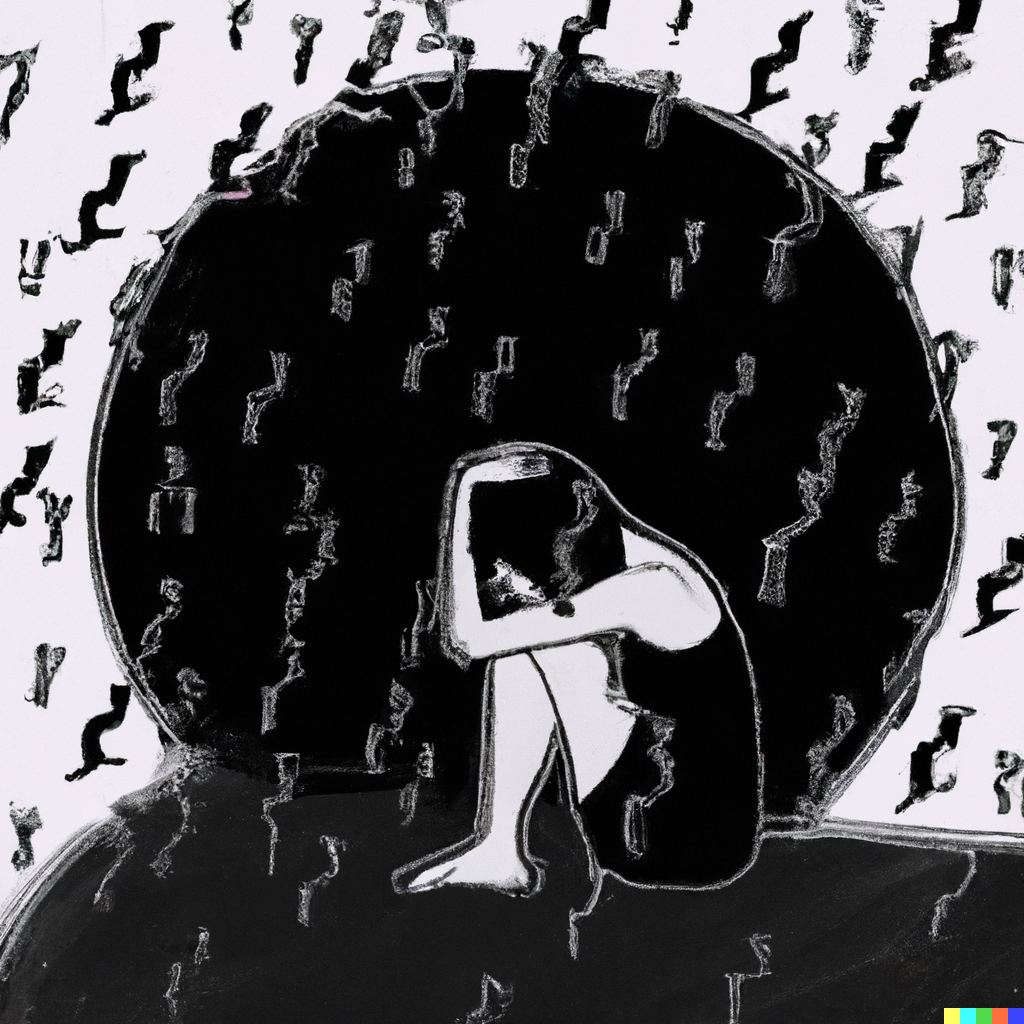Relationships can be tricky, and sometimes it can be hard to recognize when things aren’t working out. However, there are certain behaviors that can be considered red flags. These warning signs can indicate that the relationship may not be healthy, and it’s important to recognize them early on to avoid potential harm in the future. Here are the 8 biggest relationship red flags to watch out for:

8 Biggest Relationship Red Flags
Here are the 8 biggest relationship red flags to watch out for:
Lack of Communication in Relationship
Communication is key in any healthy relationship. If your partner isn’t willing to listen to you or express their feelings, this can be a major red flag. It’s important to be able to discuss any issues or concerns openly and honestly with your partner.
Controlling Behavior
If your partner is overly possessive or controlling, this can be a major red flag. It’s important to have trust and respect in a relationship, and controlling behavior can lead to feelings of resentment and anger.
Lack of Trust
Trust is another important aspect of a healthy relationship. If your partner constantly doubts your intentions or accuses you of wrongdoing, this can be a sign of a lack of trust.
Emotional Abuse
Emotional abuse can take many forms, including manipulation, gaslighting, and constant criticism. If you feel emotionally drained or manipulated by your partner, this is a major red flag.
Disrespectful Behavior
Respect is key in any healthy relationship. If your partner frequently belittles or disrespects you, this is a major red flag.
Dishonesty
Honesty is crucial in any healthy relationship. If your partner is frequently lying or hiding things from you, this is a major red flag.
Lack of Intimacy
Intimacy is an important part of any romantic relationship. If your partner is unwilling to be intimate or show affection, this can be a major red flag.
Physical Abuse
Physical abuse is never acceptable in any relationship. If your partner is physically harming you or threatening to harm you, this is a major red flag.
Tips on how to overcome Biggest Relationship Red Flags
Here are the useful tips on how to overcome relationship red flags
- Encourage your partner to communicate by actively listening to them and expressing your own thoughts and feelings in a non-confrontational way.
- Set boundaries and make it clear what behavior you are not comfortable with. Seek professional help if the situation gets worse.
- Be open and honest with your partner and make sure to follow through on your promises. Seek professional help if trust issues cannot be resolved.
- Seek support from a trusted friend or counselor. Create a safety plan and be prepared to leave the relationship if necessary.
- Set boundaries and make it clear that disrespectful behavior is not acceptable. If your partner does not respect your boundaries, it may be time to end the relationship.
- Confront your partner and discuss why they are being dishonest. Seek professional help if necessary.
- Discuss your concerns with your partner and try to find ways to increase intimacy. Seek professional help if the issue cannot be resolved.
- Create a safety plan and seek immediate help from a trusted friend or professional.
How to Handle Relationship Red Flags
Recognizing relationship red flags is the first step, but how do you handle them? Here are some tips on how to handle relationship red flags:
- Be honest with yourself. If you’re experiencing red flags in your relationship, don’t ignore them or make excuses for your partner’s behavior.
- Communicate with your partner. Let them know how you feel and why their behavior is concerning.
- Set boundaries. If your partner’s behavior is unacceptable, set boundaries and make it clear what you are not comfortable with.
- Seek professional help. If the situation cannot be resolved
Final Thought
Being aware of the biggest relationship red flags and knowing how to handle them is crucial for building and maintaining healthy relationships. By being proactive and addressing red flags early on, you can improve your chances of building a loving and fulfilling relationship. Remember, a healthy relationship is built on mutual trust, respect, and open communication.



0 Comments